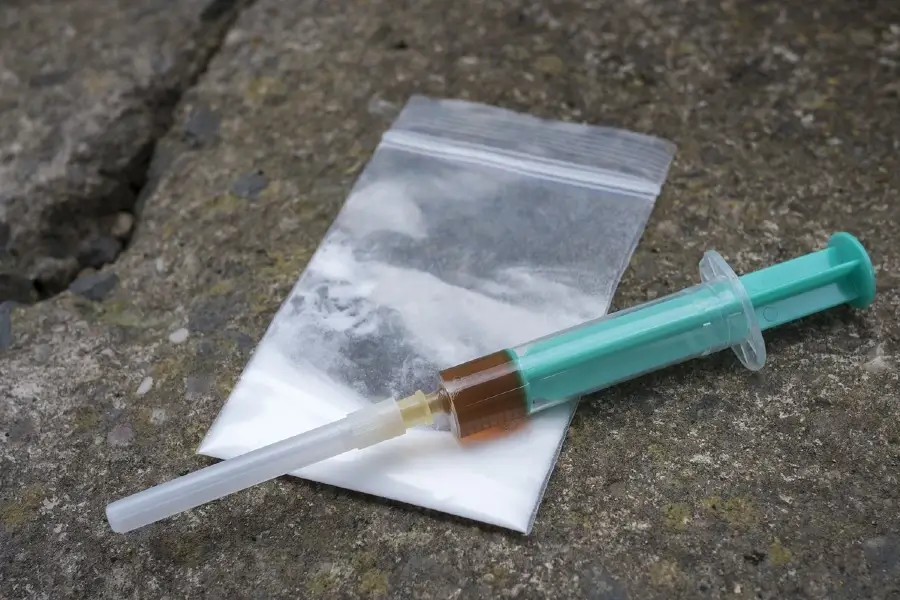The Long-Standing Marijuana Gateway Drug Theory
The Marijuana Gateway Drug Theory suggests that using marijuana increases the likelihood of using more potent narcotics. Despite controversy, current understanding is more nuanced.
Arguments Supporting the Gateway Theory
Studies have shown a statistical association between marijuana use and subsequent illegal drug use. Marijuana users are more likely to experiment with a broader range of illegal substances during their lifetime.
Proposed Explanations for the Gateway Effect
Marijuana may alter brain reward pathways, making individuals more susceptible to other drugs. Social and environmental factors associated with marijuana use may increase exposure to other illegal substances.
Underlying Factors Contributing to Drug Progression
Personal, psychological, or socioeconomic factors may contribute to both marijuana use and progression to other illegal drugs. These include risk-taking behavior, poor coping mechanisms, and limited access to support services.
The Complexity of Substance Abuse and Addiction
The association between marijuana and other drug use doesn’t imply direct causation. The interplay of biological, psychological, and social factors makes it challenging to demonstrate a clear link between substance abuse and addiction.
Arguments Challenging the Gateway Theory
Correlation doesn’t imply causation. Shared risk factors and early drug experimentation may explain the relationship between marijuana and harder drug use. No clear causal link has been established.
Modern Interpretation of the Gateway Theory
Marijuana isn’t a universal gateway. Researchers now focus on identifying underlying risk factors for general substance use rather than assuming a direct causal relationship.
Additional Considerations in Drug Use Progression
Early marijuana use before age 15 may be a greater risk factor. Individuals with preexisting mental health disorders may be more susceptible to marijuana effects and prone to using other substances.
